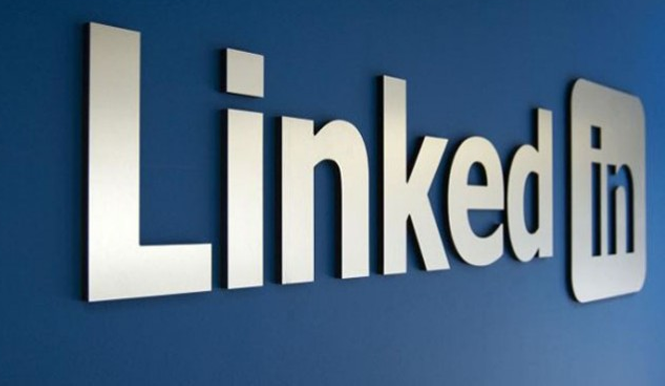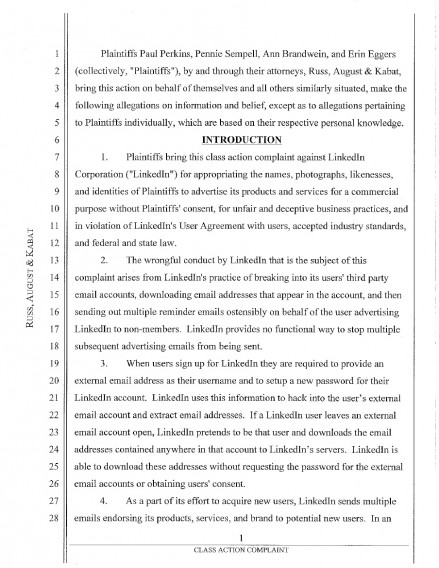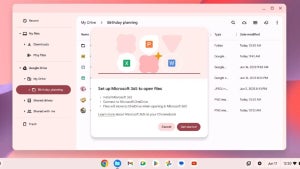LinkedIn has received a legal complaint from a group of users who claim it is accessing member email accounts illegally and taking address books, to which they send invites without permission.
When you sign up to LinkedIn with an email address, it asks if you would like to connect with current users in your address book, and whether you would like to invite those who are not yet in LinkedIn. The legal complaint from four users, claims that while LinkedIn asks for permission, it does not make it clear it would spam email contact with invitations.

LinkedIn denies this, saying the claims are without merit. LinkedIn is well known for emailing users liberally, to put it mildly, but there is no evidence that it is hacking ‘into the user’s external email account and (extracting) email addresses’ as the complaint suggests.
Were LinkedIn doing so, that would be a huge scandal and really put the company in the realm of unacceptable behavior that it knew was wrong. It is unlikely that such a big company would jeopardize user trust so brazenly.
While free services like LinkedIn certainly use your data to monetize their services, doing so without your permission could seriously threaten their existence.
More likely is the complainants rushed through the sign up process, and inadvertently handed permission to LinkedIn to invite their email contacts. It’s something many people have experienced, and can be embarrassing.
LinkedIn’s sign up process requires you to explicitly opt-out of inviting and connecting with email contacts, which no doubt results in many users ‘accidentally’ agreeing to it. However, this is not illegal, and if users take time while signing up, they can join without bombarding their friends and contacts with LinkedIn spam.

We’ll follow up on this story as it develops.
[Sources: AllThingsD, Scribd]

